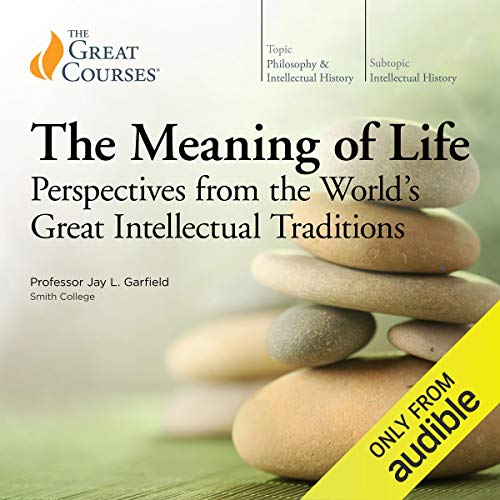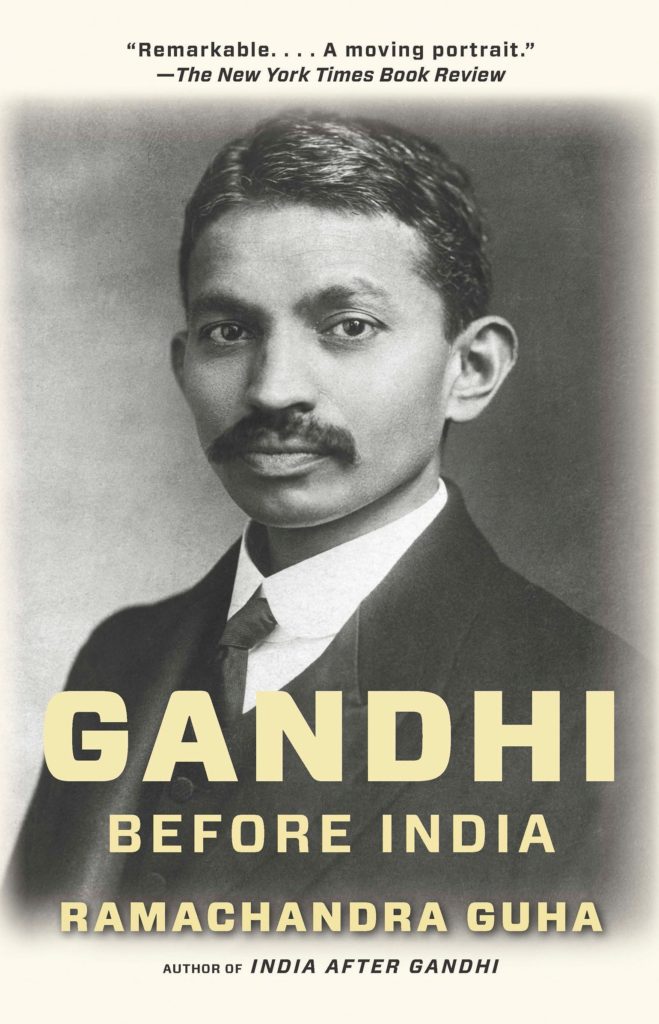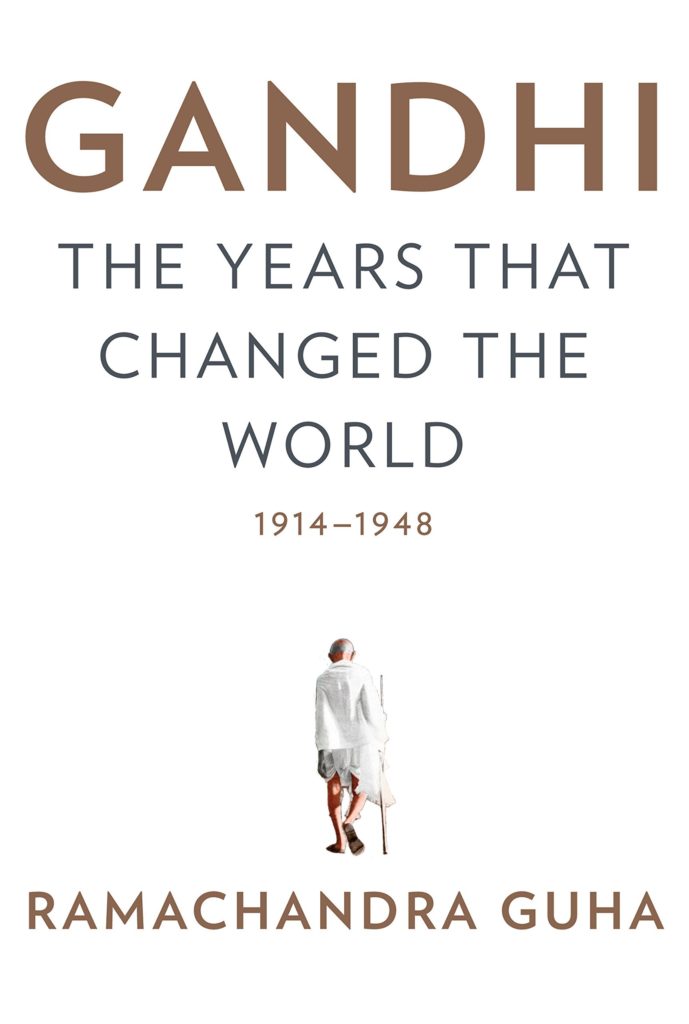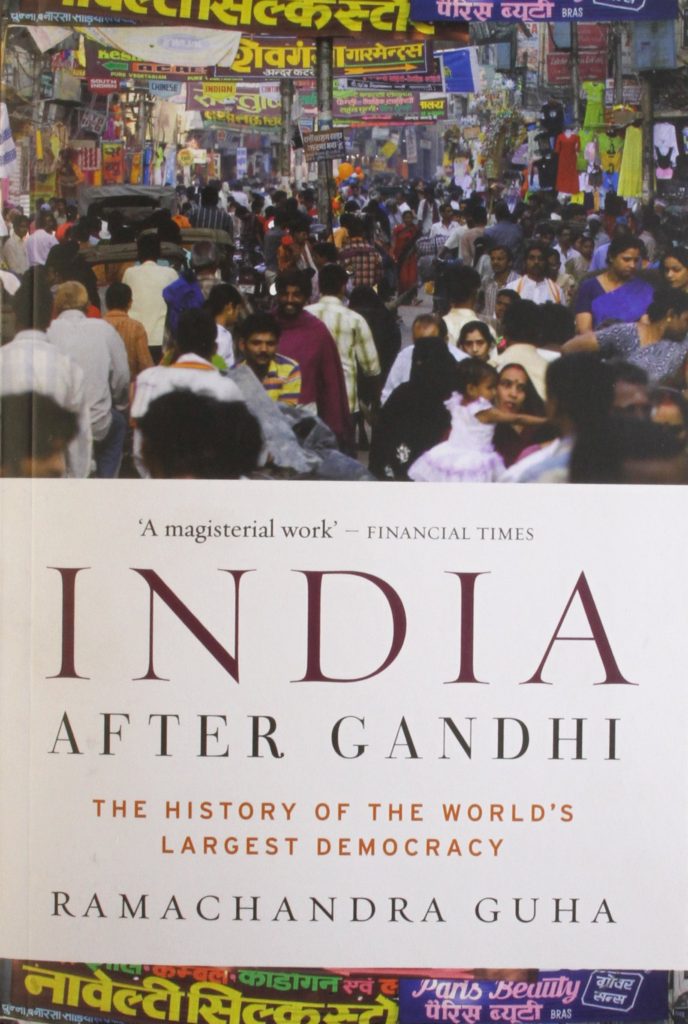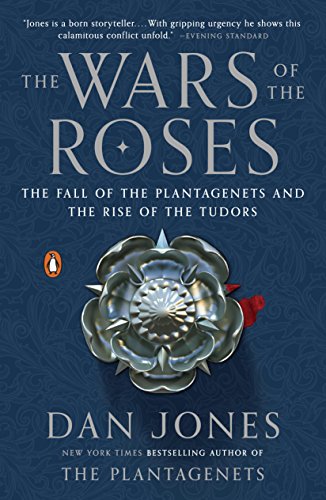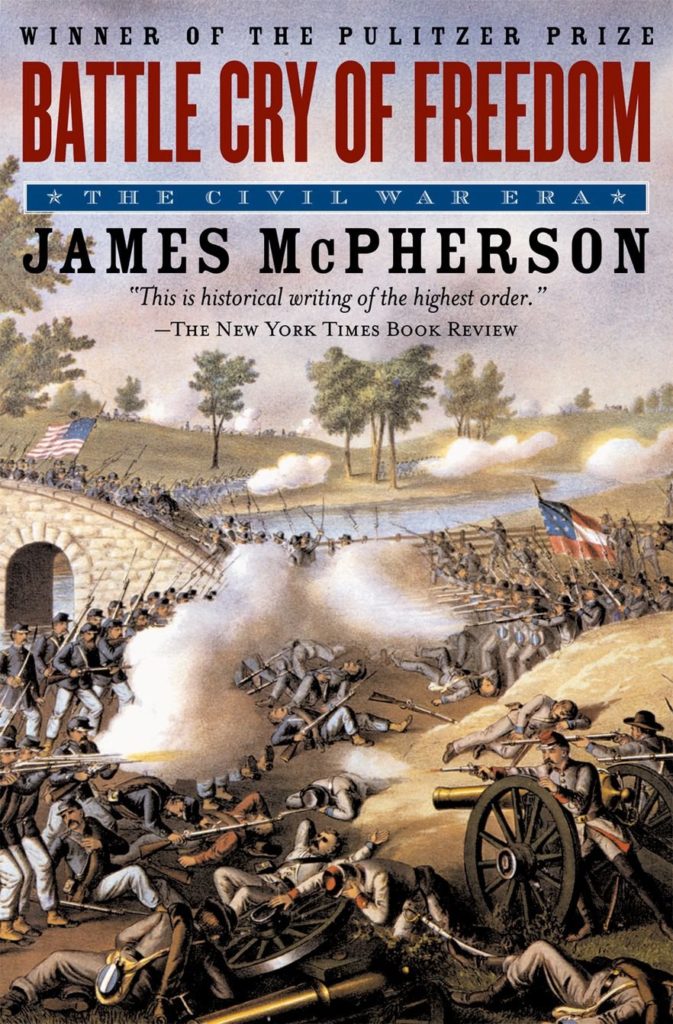How can I live my best life? What are some strategies that will help me reach for fulfillment in life? Here are some of the lessons I picked up from reading one of the world’s oldest self help books: The Bhagavad Gita.

Strive to do your best in all things you attempt, but do not attach yourself emotionally to the consequences of the actions you take. In other words, you can control an arrow only up to the point you release it from the bow. From there, it is beyond your control what happens to it. So put all your focus into aiming true. Release that arrow as perfectly as you can, but once it’s been released do not be attached to what happens next, because it is out of your hands. Feel free to observe how it lands and adjust your next shot accordingly, but do not become emotionally invested in the results. You goal is to improve, and therefore you must practice and hone your craft. But see if you can do this without letting your ego get involved in the process. As you prepare to release that next arrow, remember that your sense of self-worth does not need to hang in the balance
This is useful in so many ways. In the business world, you should try your best to be a productive part of your team or organization. However once you’ve finished that business presentation and sent it out, you no longer have control over what happens to it. It may be judged harshly, it may be ignored, or perhaps unforeseen forces outside of your control will cause your presentation to fail. These things can and do happen; when they do happen, gather whatever data helps you grow from the experience, and move forward. Likewise, in a family you should be a generous and caring participant in your loved ones’ lives: do your very best to guide them and love them, and teach them important life lessons, and give gifts, and give them your time, and make as many things special for them as you can. But once you’ve done all that you can’t control how they will respond, or the people they will ultimately become. Do not invest yourself emotionally in the result, but do your best and focus on continuing to improve your own performance.
This may seem like an impossible or even a distasteful goal (“Why on earth would I want to become emotionally detached from the outcomes of my parenting?!?”). Remember: this sort of “detachment” does NOT mean withdrawing from the world, nor does it mean acting in a callous, distant, aggressive, loveless, or harsh manner, or refusing to care about the consequences of your actions. Be active, be a participant, show love, give gifts, build something, engage! Just don’t let your pride (or even worse your sense of self worth) hinge on the results, on the consequences, because the consequences are beyond your control! Be your best self and you WILL make a better world, but understand that there are so many things you simply cannot control. If you try your very best, and learn from your mistakes, and make active improvements in yourself and how you treat others, you’ve done all you can do. You must then be at peace with whatever outcomes may come (while still learning from them, so that you can continue to grow and improve).
While it is wise to be at peace with outcomes, this does not mean that one should live a “passive” life, where we simply let the waves of life crash over us while we feel neither joy nor sadness, while we sit motionless and inactive, detaching ourselves from all warmth and love and connection, seeking some inner knowledge while the world passes us by. In fact, a good life is a life of action! There are countless paths that lead to enlightenment and fulfillment, but most require some form of action. One can seek deep knowledge in her field or expertise in her craft, or focus on taking selfless action for the benefit of others to build a better and more peaceful world (Gandhi followed this path, among others), or one can dive into meditation and self reflection, or build a life that is centered on love and family and empathy. A person can venture down all of these paths at once if she likes, but note that all of these paths require action! Don’t hide in a cave like a hermit, and don’t renounce all earthly joys like an ascetic, and don’t shut out the world or detach from loving other human beings. Go be active in the world and do good work, love people, build connections, get out there and do something. The message here is this: yes live a life of action, while also working to become emotionally detached from outcomes beyond your control. Another way to say it is this: everything in your life should be active, except your ego.
This is easy to talk about but very difficult to put into practice every day. Even as I write this, I picture in the back of my head a day far in the future, when my (adult) sons discover that their father created music and wrote articles about interesting ideas, and how proud they will be, how they will think I was so cool, how they will then be inspired to expand their own minds, etc. etc.! You see? It is my pride and desire and need for affirmation that drives this fantasy, and it’s a clear example of my emotional investment in other people’s future opinions of my life’s work, an example of my ego at work, an example of how much I really do invest my self worth in the outcomes that I cannot control.
Instead, I should write this just because I feel compelled to write it, because it brings me joy, because writing this is me playing my part in the greater whole of humanity; I should not write it just to get future praise and admiration from my sons. Even as I write about detachment from these sorts of desires, I am so very very attached.
This is really about suspending one’s ego, and resisting the urge to expect a quid pro quo in all things. I should not parent well BECAUSE I expect future praise from my children. I should not strive to be a good teacher BECAUSE I hope students will tell everyone what a great teacher I am. I should not write beautiful music BECAUSE I need everyone to know what a gifted musician I am. I should do these things well because it is right to do them to the best of my ability. That is how I play my part, how I contribute to the great human story. I parent, I teach, I write music, and I strive to do those things well, because that is what brings me joy. But once I complete a task, I must detach myself from the consequences. As long as I am doing everything to the best of my ability, and learning from my mistakes, then I have played my part well.
This is also about not caring what people think of you. As long as you are doing your best in everything you attempt, and living virtuously by trying to do good (because emotionally detaching oneself from consequences is not a free pass to be a jerk to everyone), then you can ignore other peoples’ opinions about you. Again, I don’t teach well because I need the other teachers to think I’m great. If I teach well, a likely byproduct will be that other teachers respect me, but that is not guaranteed, and also that is not the purpose of teaching. If I indeed teach well, then I really don’t need to care what the other teachers think, because I genuinely give it my all and do my best to bring quality to my classroom. Beyond that, I actually have no control. All I can do is my best. I need to be at peace with whatever comes after that.
Of course if another teacher or a student offers me constructive criticism, I should not ignore it (“Sorry I don’t listen to feedback because I am so detached from the outcomes of my actions”). Quite the opposite: I should listen and use it as a growth opportunity, a way to improve. But I should not let my self worth crumble because somebody saw things in a different way than I did, or because I made an error and didn’t realize it until a peer pointed it out. Take the feedback and grow, but don’t obsess over the mistake itself (which is in the past); instead focus on doing better next time, and remove the ego or the stung pride from the equation. Nobody lives a mistake-free life, and nobody can ever please everyone all of the time.
Even more importantly: if life ever throws you a real curve ball, and places you in a lose-lose situation, a situation completely out of your control, a situation that tests you and puts you under pressure, these same lessons apply triple fold. Pull back your arrow, aim it as best you can, and fire. Then, pull another. In other words, do your best. And once you’ve done your best, don’t rake yourself over the coals because your best didn’t match up to some unreachable standard. Sometimes you might get battered by the waves, and face challenges far beyond your control. Sometimes no matter which path you choose you will wind up paying a high cost.
A typical example: an elderly parent suffers a debilitating long-term illness that requires many hours of your care and attention every day for many months, but at the same time your new position at work requires extra time for meetings, managing teams, due diligence on new topics, and long-term planning. Meanwhile you have two young children who need your love and attention, and a house that is in need of some repairs. If you sacrifice time with your parent in favor of work, you neglect someone who needs you, someone who is suffering a profound personal crisis, someone who cared for you when you were so small and weak, who loves you dearly, who wants nothing more than to spend as many precious few moments with you as possible. But if you neglect work, you will lose your chance to build your team, squander the opportunity to build on what you’ve already worked so hard to achieve, maybe even lose your position. Not to mention that this schedule leaves no time whatsoever for self care. In these moments it’s so crucial to be kind to yourself: emotionally detach from outcomes beyond your control and just do your best. When life gets real there are so very few things that you actually can control. Focus on doing whatever you must do to survive, to get by. Keep paddling, keep shoveling, keep trying. As long as you do as much good as possible with the limited resources you have at your disposal, you are free to accept the outcomes without self-judgement, even if they are not optimal.
This focus on intentions rather than consequences aligns well with philosopher Immanuel Kant's deontological approach to ethics, which emphasizes the importance of acting ethically and following the rules of morality at all costs, consequences be damned. In other words, pay no heed to outcomes, and instead be sure to obey your moral compass (or your moral duties) regardless of the context of the situation. Personally I find Kant's expression of this ethical principle too forceful and one-sided, since it seems to completely discount the idea that ethical action can ever properly be defined by the consequences of one's actions. Consequences do matter in the real world; in fact they matter very much, and they must be taken into account when determining which course of action is most ethical (or which ethical duty we must follow). However the Bhagavad Gita's expression of this principle is more subtle than Kant's, perhaps because its focus is less on finding the optimal moral behavior, and more on achieving fulfillment in life. In essence, one should strive to become emotionally detached from consequences not because this is the key to the most moral possible behavior, but because this behavior allow a person to live a happier and less-burdened life. What if we were to pair this emotional detachment with a duty-based moral system such as Kant's (or even with a moral system that aims to maximize a particular outcome, such as utilitarianism)? If it is possible to follow a strong moral code, but also not allow one's ego or sense of self-worth to hinge on the uncontrollable outcomes of one's actions, we may in fact have just hit on the ultimate combination of fulfillment and moral action. See Kant's Groundwork of the Metaphysics of Morals for Kant's take.
Another facet of the Gita’s message about personal fulfillment is the argument that freedom comes from discipline. By discipline I do not mean disciplining others, but instead “self discipline”. For example, if you want to become so talented at playing a musical instrument that you can improvise with complete freedom, perform music that leaves listeners breathless and fills their hearts with emotion, experience a sense of total control over your craft, and create timeless with your own hands, the only way to achieve this is through years of disciplined practice. Without self discipline, one will not sit still long enough to learn anything, and will not practice when practicing becomes hard. Whether practicing a skill, parenting, reflecting on one’s own actions, building a professional skill set, or building a love-based relationship with someone, discipline leads to focus and improvement and growth and a better life.
We sometimes are taught (especially in the USA) that freedom is the opposite of discipline. If only we had no rules to follow, then we would be truly free! One can easily imagine a Libertarian fantasy where we all enjoy perfect freedom, total liberty to live exactly how we please, and everyone lives a fulfilled life. This premise that real freedom comes from a lack of discipline is most likely wrong (dare I say utopian) when applied to society as a whole (after all, wouldn’t the local warlord with the most guns and money simply take advantage of this lack of structure and seize power?), but it is especially wrong when applied to self-discipline. Without some kind of self-discipline in place, freedom can never be achieved. One could even go so far as to claim that a total lack of discipline leads to slavery, because a person with no hard-won skills or knowledge will be at the utter mercy of those with skills and know-how.
It is worth noting that this particular take ignores the materialist notion that what truly makes people into slaves or pawns or oppressed peons is not lack of inner discipline, but instead the material forces one faces from birth (i.e. one's class). Those in poverty do not have the time or resources or capital to focus on self-cultivation and skill-building, while those in higher classes do, and that is what determines whether someone will end up a leader/owner/master or a peon/proletarian/slave. It has almost nothing to do with one's own work ethic, since hard work and self-discipline will only get you so far when one starts out in poverty (i.e. if work ethic mattered more than one's original class position, there would be a lot more millionaire fruit pickers out there). See Marx's and Engels' The German Ideology for a classic exposition of this materialist position. I find this position highly convincing, and therefore I need to make clear that this Gita message about the power of self-discipline should be applied solely to personal growth, and not warped into an argument that claims those who are in poverty are there because they lack self-discipline. This is a conservative distortion of the Gita's message that destroys its meaning, and turns it into a tool to distract us from the problems caused by capitalism. This warped message blames the poor for their poverty, rather than addressing the systemic causes of poverty. The Gita's message is certainly not "the poor are only poor because of their own choices".
Ok back to self-discipline. Lets picture a classroom metaphor. If a teacher is a disciplinarian, the students may crave the freedom of having no rules. But abolishing all rules and discipline creates not freedom but chaos. Imagine a classroom that lacks all discipline. Some students ransack the classroom, others casually chat, others attempt to teach themselves something, and others simply leave. The majority of the students will not learn anything nor gain any wisdom from the experience. It seems that when everyone just does whatever he or she wishes to do, the classroom stops being a classroom and becomes something else (a hang-out spot, perhaps). In the end all the students will just wander away from the school, leaving only an empty building. The school is thereby rendered useless. It has failed to fulfill its purpose, and the students who expected to gain knowledge there only wasted their time. Chaos, not freedom, was created in that place.
Imagine that your mind itself is the school. Do you want this kind of chaos (this kind of “freedom”) in your mind? Is this the proper way to cultivate skills and learn long-term lessons? In this metaphor you are the teacher and also the student. You must possess the discipline to teach yourself, to practice, to stay focused, to learn lessons, to grow. When one does not possess the control to do these things, no skills are gained, and our base desires rule us while we live in ignorance. When one exerts discipline over oneself, specifically when aimed toward perfecting a skill or craft, and when we combine it with a certain detachment from the consequences of the good work we do, the results are a kind of freedom that can only come with mastery, can only come with detachment from the opinions of others. It is the freedom to create, to innovate, to improvise, to push boundaries, to rise to ever higher levels. Picture a performer who appears to play piano effortlessly, but that “lack of effort” is actually the result of years of diligent practice, and a mind that is willing to work hard.
It is so easy in our modern world to let the chaos take over, to jump from one task to another, to try a thousand things but master none, to let ourselves be constantly distracted by texts, emails, videos, Tiktok, and so much else. To cultivate a skill, you must possess the discipline to shut those distractions out, and set your mind on a single track for a nice stretch of time, to sink slowly into practice, and explore/probe/investigate one single topic, even as the whole wide world tries endlessly to crash down the doors of your concentration and destroy your focus. You are the gatekeeper to your own mind, you are the teacher of your mind’s classroom, you are the master of your own focus.
All things of quality require time and discipline and hard work. This is true of art, it’s true for those who seek knowledge, it’s true of fidelity and maintaining open communication in a marriage, it’s true of cultivating a skill or talent, it’s true of building strong friendships, it’s true of raising children, and it’s true in business.
Ideally, I strive to make my life and my art and my relationships the best that they can be, and all of this takes much practice. Of course simple repetition is not “practice”. To practice, one must reflect on one’s actions and adapt one’s technique over time in order to overcome barriers and gain new skills, and stick to the cause of self-improvement even when it becomes challenging to forge ahead. One must be present and engaged, not zoned out (the difference between practicing piano versus simply noodling, or the difference between being truly present with one’s children versus staring at the iphone while the children play at one’s feet). Being present takes focus and energy; life moves quickly and it’s easy to just coast or tune-out or “get through it” without reflection, especially when one has children and work and so many other things to juggle. So many times my wife Erica and I have commented how we feel sometimes like we have become parenting robots, delivering love and care to the children but completely hollow inside. This is not healthy or ideal. Striving to be the best I can possibly be (as a parent, etc.) is a daily challenge, and I easily get burned out.
Therefore, don’t overdo it with self-discipline. A lack of discipline may create less freedom, but that does not mean too much discipline creates maximum freedom. Go easy on yourself when you’re feeling burned out. A burned out parent should go (if she can) away from the children and grab some time for him/herself. Even a few hours can make a big difference. This is also true of practicing piano or any other skill. Take breaks, but stay conscious of the goal and always return to it when you are ready. Remember: rest is just as important as discipline, and in fact it may require some discipline to make yourself rest. The body and mind must recharge if you plan to stay healthy in this challenging and difficult world. Therefore making time for rest is in itself a form of personal growth.
So stay disciplined and focus on personal growth, and strive to do your best in all things, and to do good. But do not concern yourself with what happens once you complete a task and send it out into the world. Don’t let your pride hinge on the praise/condemnation you receive from your loved ones and contacts. When life becomes difficult and times get tough, just do your very best; that’s all anyone could ever ask of you. Aim your arrow as well as you can and let it fly, then focus on the next arrow, content that each time you fired you aimed it as well as you could. And if you do watch the arrows fall, it is only to gather data so you can make your next shot even better.


